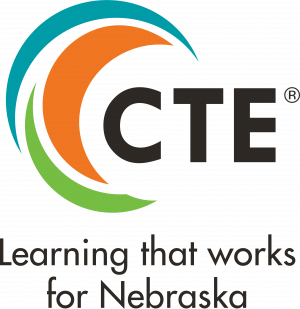Lifelong Learning Model
The Consortium supports the concept that entrepreneurship is a lifelong learning process that has at least five distinct stages of development. This lifelong learning model assumes that everyone in our education system should have opportunities to learn at the beginning stages, while the later stages are targeted at those who may specifically choose to become entrepreneurs. Each of the following five stages may be taught with activities that are infused in other classes or as separate courses.
Lifelong Learning Model
| Lifelong Learning Model-B&W PDF |  |
| Lifelong Learning Model-Green Background PDF |  |
| Lifelong Learning Model-White Background PDF |  |
Stage 1 – BASICS
In primary grades, junior high and high school, students should experience various facets of business ownership. At this first stage the focus is on understanding the basics of our economy, the career opportunities that result, and the need to master basic skills to be successful in a free market economy. Motivation to learn and a sense of individual opportunity are the special outcomes at this stage of the lifelong learning model.
Stage 2- COMPETENCY AWARENESS
The students will learn to speak the language of business, and see the problems from the small business owner’s point of view. This is particularly needed in career and technical education. The emphasis is on beginning competencies that may be taught as an entire entrepreneurship class or included as part of other courses related to entrepreneurship. For example, cash flow problems could be used in a math class, and sales demonstrations could be part of a communications class.
Stage 3- CREATIVE APPLICATIONS
There is so much to learn about starting and running a business it is not surprising that so many businesses have trouble. We expect future doctors to learn their profession through years of formal study, yet we have expected small business owners to learn everything by attending weekend seminars.
At this stage, students can take time to explore business ideas and a variety of ways to plan the business. Although, it is still only an educational experience, students must gain a greater depth and breadth of knowledge than they may have from previous stages. This stage encourages students to create a unique business idea and carry the decision-making process through a complete business plan. The best programs enable students to actually experience the operation of a business as well. This stage may take place in advanced high school career and technical programs, two-year colleges where there are special courses and/or associate degree programs, and some colleges and universities. The outcome is for students to learn how it might be possible to become an entrepreneur and to practice the processes of business.
Stage 4- STARTUP
After adults have had time to gain job experience and/or further their education, many are in need of special assistance to assemble a business idea. Community education programs focusing on business startup assistance are widely available in career and technical programs, community-based assistance programs, community colleges, 4-year colleges and universities. The U.S. Small Business Administration sponsors many of these training programs.
Stage 5- GROWTH
Often, business owners do not seek help until it is almost too late. A series of continuing seminars or support groups can assist the entrepreneur in recognizing potential problems and how to deal with them in a thorough and timely manner. Many community colleges and continuing education programs at universities or colleges offer such seminars and workshops for their business community. They recognize that the best economic development plan is to help the community’s existing businesses grow and prosper.
Educators at each of these stages of entrepreneurship should focus on their own special outcomes, and reach out for partnerships with educators at other levels of this lifelong learning process. There is room for entrepreneurship in some way everywhere in our educational system.




